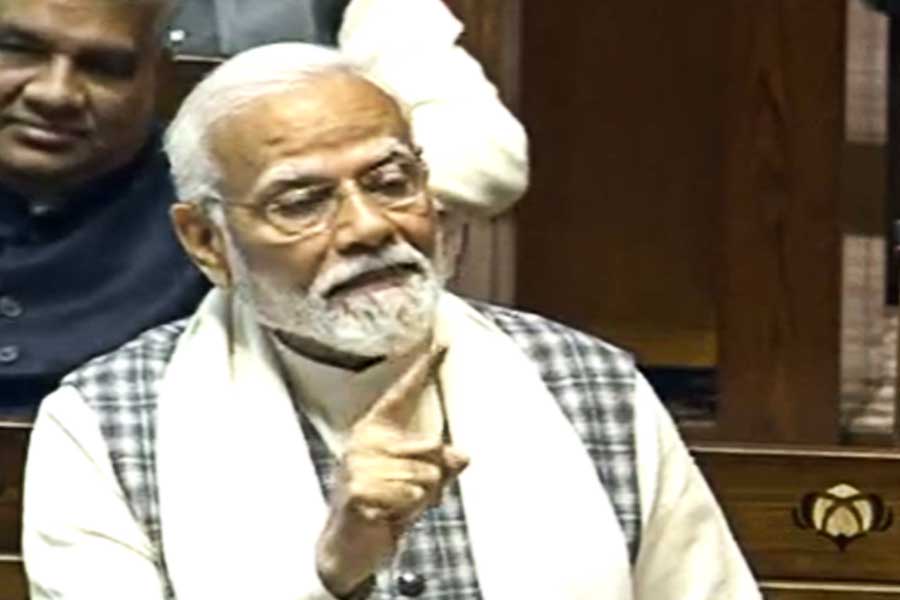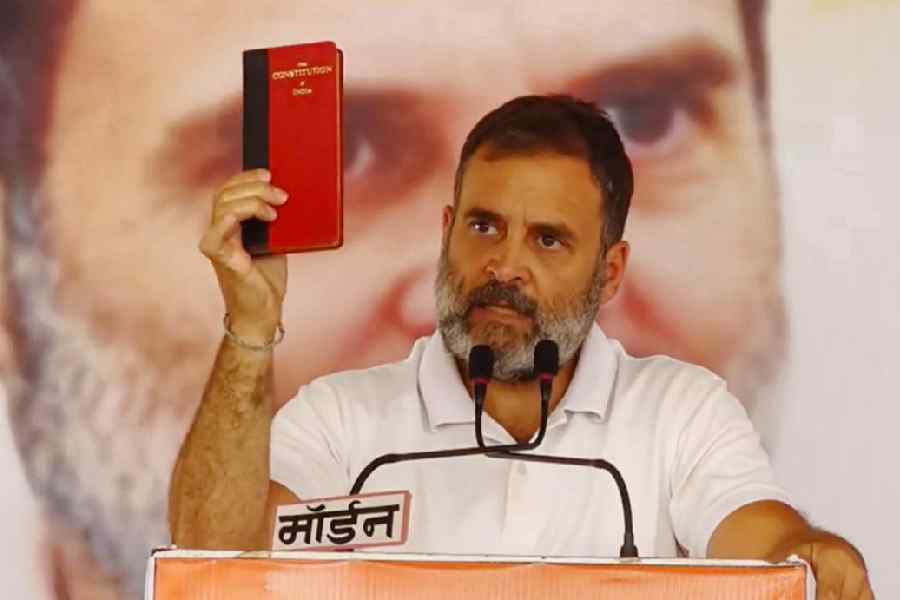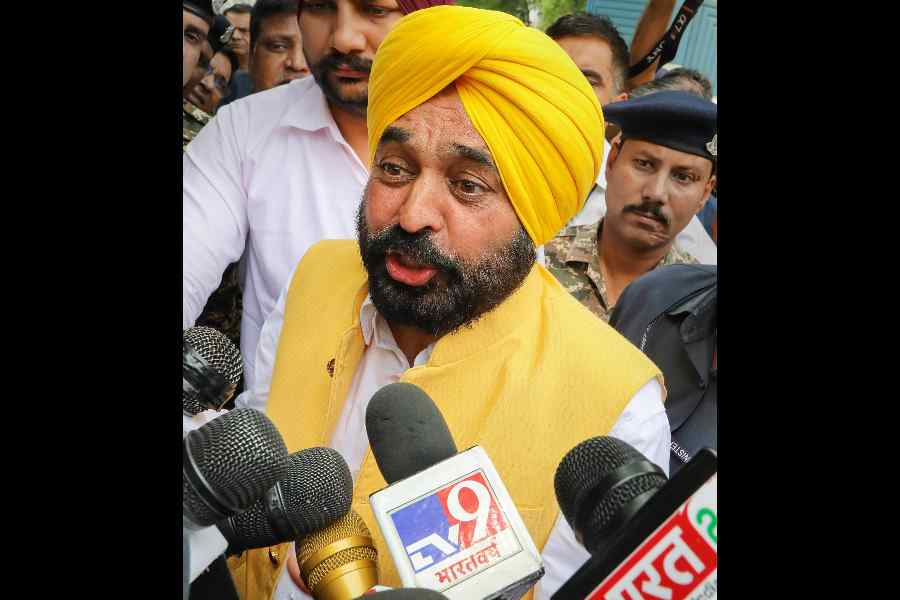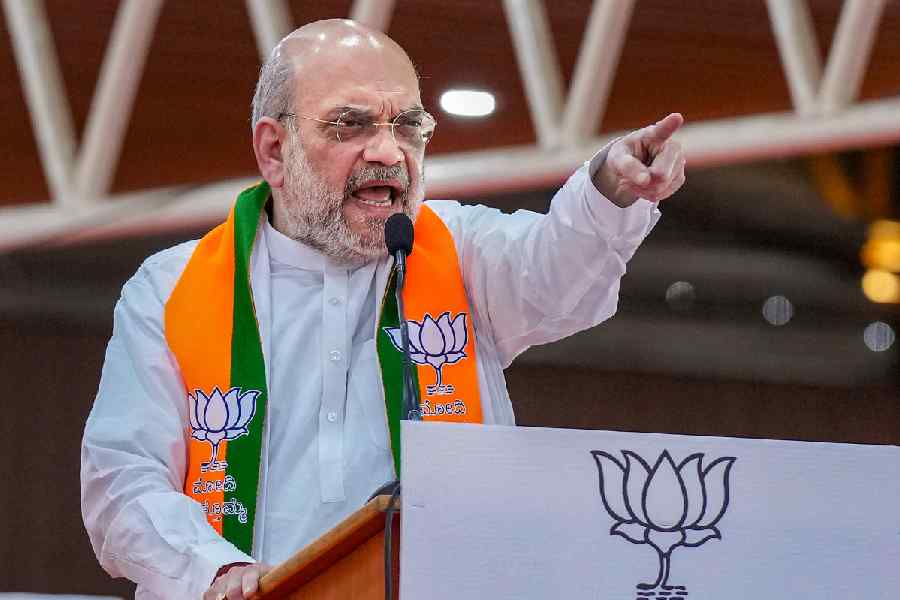Unusual times require unprecedented acts. By making a list or ‘chargesheet’ of the Narendra Modi-led government’s violations of parliamentary norms — an unprecedented act — activists and civil society groups have shown how unusual the times are. Parliament is the life-force of this democracy; breaches in its practice signal its erosion. The list recorded that this Lok Sabha had no deputy-Speaker, as required by Article 93 of the Constitution. Convention since 1969 expected the deputy-Speaker to be from the Opposition since the Speaker was nominated by the government. Did this government not bother because of its absolute majority or did it drop the post in case it gave the Opposition a voice? It was certainly unconstitutional. The problem here is that the absence of the deputy-Speaker did not hold up the business of the House. This problem becomes more acute with the other ‘charges’. For example, this House had the lowest number of sittings. But there is no minimum number for these. The government adjourned sessions ahead of schedule every time its own agenda was complete, thus letting all waiting Opposition questions lapse; there is no rule against that either. This government’s lack of transparency and refusal to answer questions were also recorded; bills were pushed through within two hours to three minutes, with neither debate nor adequate scrutiny by the relevant committees. History was made by the suspension of 146 members: they had demanded an inquiry into the breach of security in Parliament. Their questions were deleted too, although no rule required it.
The Constitution and parliamentary practice were based on the shared acceptance of the principles underlying the democratic republic and its needs. What was assumed was a government with good intentions, whether elected with an absolute majority or not, and an Opposition to provide both dissent and balance through a system of debate and patterns of disagreement and conciliation. The resilience of principles, rules, conventions and custom relied on these two basic features. Mr Modi’s government has shown up the Achilles’ heel, rather heels, of this system. The ‘chargesheet’ reflects the way parliamentary practices are being eroded by those who should be the foremost in preserving them. By quantifying the violations, it reveals the scale of the decline. This slide must be stopped.










